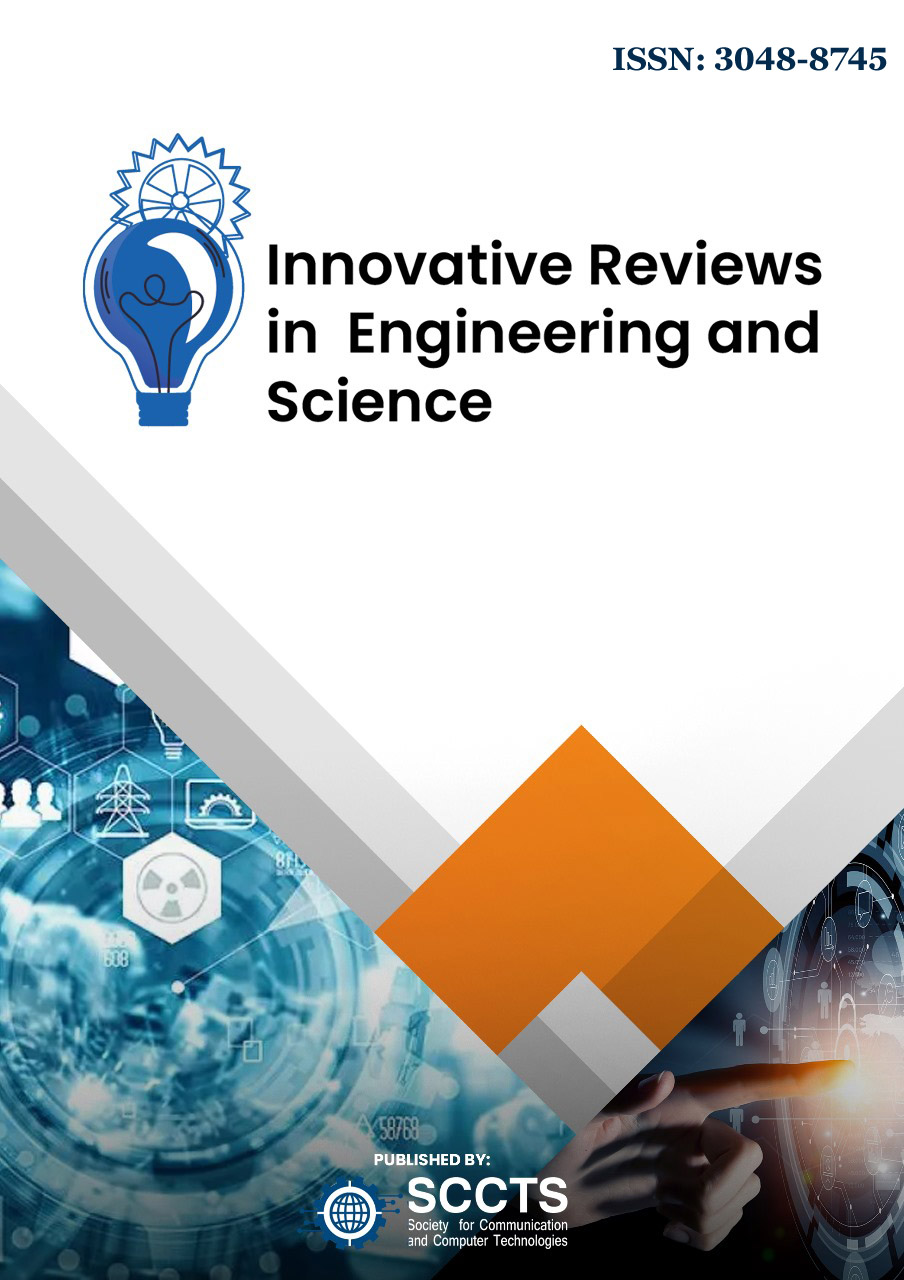Next-Gen Power Systems in Electrical Engineering
DOI:
https://doi.org/10.31838/INES/02.01.04Keywords:
Energy Management Systems; Power Electronics; Renewable Energy Integration; Smart Grid Technologies; Sustainable Energy Infrastructure; Wide-Bandgap SemiconductorsAbstract
Next-generation power systems in electrical engineering represent a paradigm shift towards more efficient, reliable, and sustainable energy infrastructure. This abstract explores the advancements and innovations in power systems that are shaping the future of electrical engineering. The integration of renewable energy sources, such as solar, wind, and hydroelectric power, alongside advancements in energy storage technologies, is revolutionizing the generation, transmission, and distribution of electrical power. Smart grid technologies enable real-time monitoring, control, and optimization of power systems, enhancing reliability and resilience while facilitating the integration of distributed energy resources. Moreover, advancements in power electronics, including wide-bandgap semiconductors and solid-state transformers, enable higher efficiency and greater flexibility in power conversion and control. Microgrids, energy management systems, and demand response strategies further enhance the efficiency and resilience of next-generation power systems, enabling dynamic adaptation to changing energy demands and grid conditions. Additionally, the emergence of electric vehicles and vehicle-to-grid (V2G) integration introduces new opportunities for grid stabilization and demand-side management. Next-gen power systems in electrical engineering are poised to address the challenges of climate change, energy security, and grid modernization, while paving the way for a sustainable and decentralized energy future. Continued research and development in this field will drive further innovations and advancements, ensuring the transition to a cleaner, more reliable, and resilient electrical grid.





